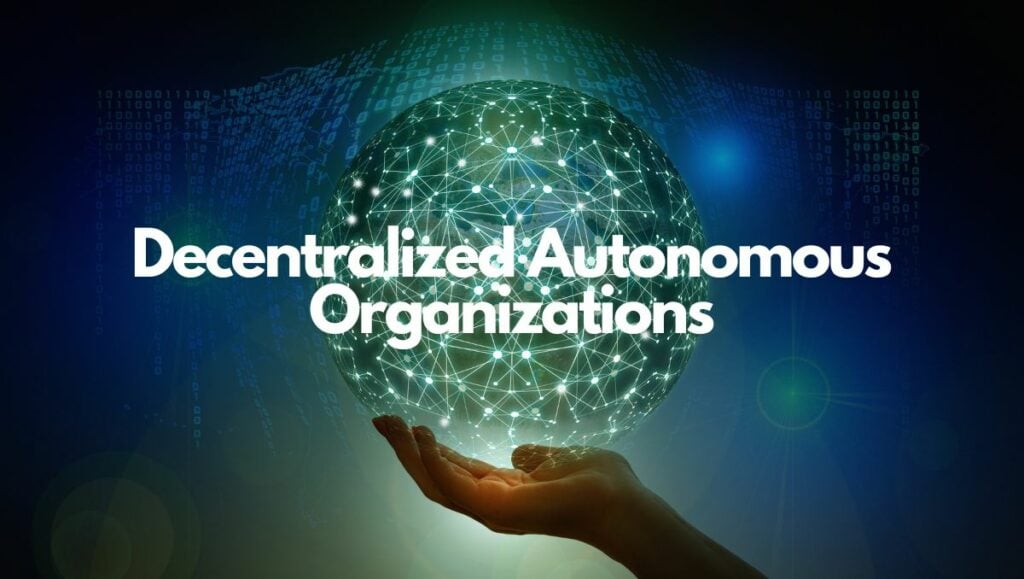
The Crypto Community is fighting back against a recent US court ruling on the liability of token holders in DAOs. DAOs, or Decentralized Autonomous Organizations, are a popular form of organization that runs on blockchain networks and seeks to provide an alternative to traditional company structuring. Recently, the court ruled that not only the founders but also the token holders will be responsible of the actions of the DAO, bringing the legitimacy of the whole concept in question.
The class action lawsuit was filed against bZx, a decentralized finance (DeFi) protocol, after a 2021 phishing attack that drained its treasury of $55 million. The court rejected a motion to exclude the DAO members of being liable, indicating that simply owning a token can make individuals accountable for wrongdoings. This ruling brought forward a plethora of issues, including how to protect DAO members from being legally liable if the organization is sued.
According to experts, this ruling is not a surprise for anyone knowledgeable about the US legal system. Despite the obstacles, this does not necessarily hinder the use of DAOs for decentralized operations. A DAO can still token-gate its membership, distribute voting power, and use blockchain for voting on proposals, as long as it is registered with the US authorities.
Industry lawyers caution that decentralization might not be as “absolute” as once assumed. The case highlights the broader reality that most crypto organizations are forced to reconcile with—the fact that they exist within a centralized world. This means that companies need to make concessions to reality if they want to keep their operations decentralized.
However, while there may be difficulties that come with operating a DAO, that does not necessarily mean the concept is dead. On the contrary, lawyers believe that the ruling should motivate the crypto community to come up with creative ways to navigate the existing structures and regulations. This could help ensure that the DAO concept can still bring the utility of decentralization to blockchain organizations.
The recent ruling concerning the bZx DAO is more than just a legal case: It is sending shockwaves throughout the crypto community and challenging the idea of decentralization as the ultimate means of avoiding legal liability. It will be interesting to see what new regulations and precautions come around to enable DAOs to continue providing the decentralize operations that are desired, without facing legal consequences for token holders.


